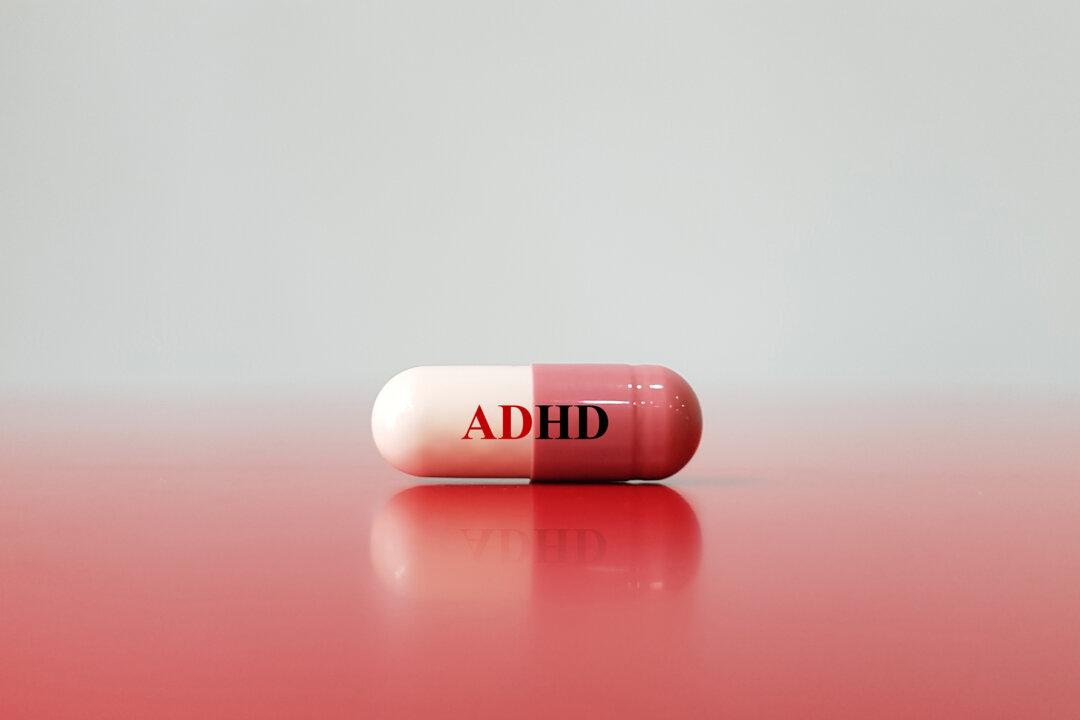A rise in ADHD (attention-deficit/hyperactivity disorder) diagnoses in New Zealand adults between 2006-2022 has been reported via a survey of pharmacists who dispense treatment, with the trend being put down to a growing awareness of the disease and its symptoms, experts say.
An estimated 2.58 percent of the adult population, or around 167,000 are afflicted, and results detail that only 0.6 percent of those are on medication.





